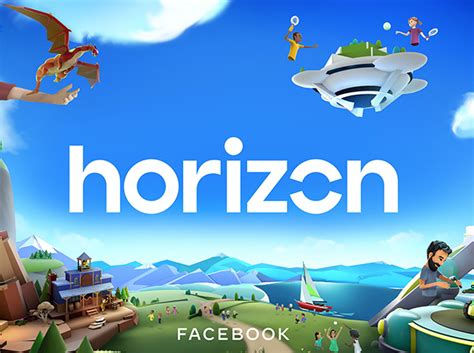Education and labs in VR?
- Metali Mangal
- Feb 13, 2022
- 3 min read

In today's world, where we are still suffering from the pandemic, I have wondered how tough it has been educating the students in engineering, considering that they have been unable to access the labs in their colleges. I remember how I had been able to experience working the mechanical workshops with the tools, cutting a metal plate or welding something, or mixing the chemicals in the chemistry labs. Still, the students now have not been able to get the opportunity to be able to learn this. Also, even if the times were normal like earlier, we can consider how inconvenient it is for students to come to the classes and repeat these experiments if they had to take a leave of absence.
Considering this, I can't help but wonder how VR could be beneficial in situations like these. Virtual Reality could provide students not only the lab experiences and help them understand the physical lab experiments but also would expand their horizons in learning about new experiences, they would be able to attend educational museums or a different planet just at their homes, with the help of a VR Headset. Being able to replicate the classroom experience in VR would also help students see all the live models in a collaborative environment, giving them a platform to interact with each other.
Some of the challenges we could face are the fact that many people do not own a VR headset now or simulate the actual tools experience in VR. We could have solutions like webXR, a web platform that we can access from VR and PC web for the first problem. Some examples of web XR platforms are moonrider.xyz, and a lot more examples in Experiments with Google. If an application is built so that students can access it via both PC and VR, we would be able to make such education platforms more accessible. While this would provide a collaborative experience, the students would still face problems with being able to interact with the experiment models. Hence this can only be a temporary solution. This can also be advantageous to people who cannot adjust to VR environments.
However, it could be a lot tougher to tackle for the latter problem, where we need to simulate tools. We could probably make a replica of these tools, and if these tools can be captured in VR and also mapped to physical tools in actual reality, or even if we can use AR instead here, to be able to see the physical replica of tools being used, for example, using the physical medical instruments on an AR simulated body, or even using test-tube like structures and replicating it in the VR platform to be able to replicate chemical experiments. We still would be facing issues like students not registering proper safety protocols for the experiment, though, as that is an important factor in their learning. Still, at the same time, this also provides basic training, with spending a lot of money on actually buying the chemicals or pieces of equipment.
Today, VR is already being used in the medical and airforce for training, and soon this could also help students achieve the school from home experience. While VR cannot entirely replace the real experience, it can definitely help students not miss out on their education and make education more accessible.





Comments